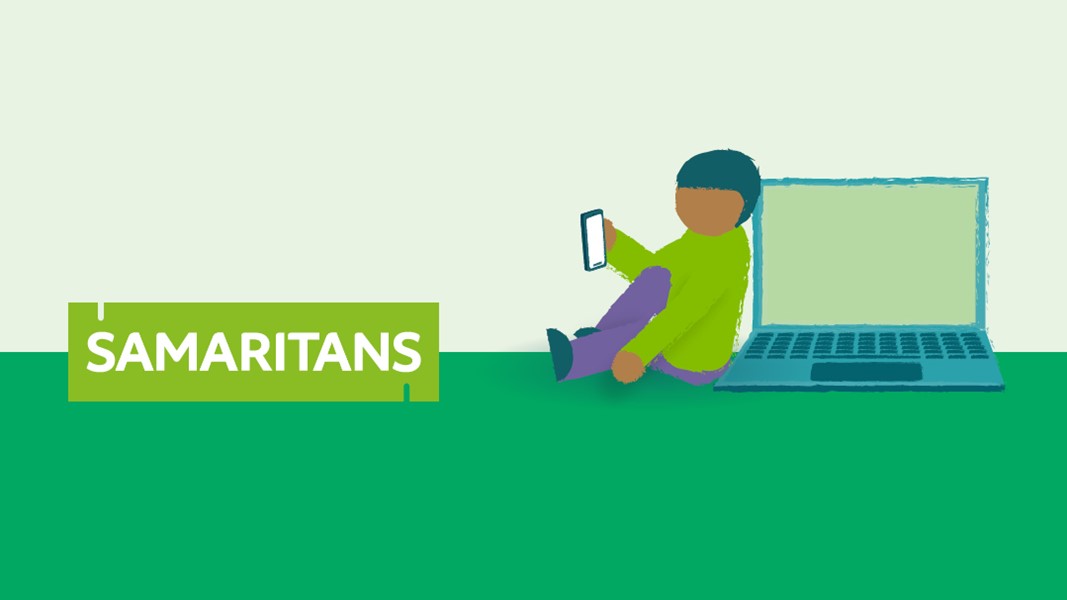Proudly supporting the Samaritans’ internet safety guidance for practitioners, we are urging anyone who provides support around suicide and self-harm (across health, social care and the volunteer community) to learn how to have a meaningful conversation about safe internet use.
The internet plays a big part in many people’s lives and can often be an important source of support and information. However, some online activity can be harmful and act to exacerbate thoughts and behaviours around suicide or self-harm. It is important that the role of the internet is not overlooked when supporting a person experiencing feelings around these issues.
A new elearning resource, developed by Samaritans in partnership with Health Education England elearning for healthcare, will assist anybody who provides support around suicide and self-harm to have vital conversations about online safety.
The training links to the wider work of the Samaritans’ Online Excellence Programme, which aims to create a suicide-safer internet for everyone, while making sure the support the internet provides remains available.
Discussing why it is important to ask people about this issue, a person with lived experience explained: “If they didn’t ask me, I would never talk about my online use. By asking, it would stop me feeling so embarrassed.”
Talking about the experiences a person has on the internet can also help you to better understand their wider support needs. Through these conversations you can support them to stay safe and have more positive experiences online.
Samaritans believe that it is important to increase the support available to users who engage with content about suicide and self-harm online, and so the charity has created these internet safety resources and guidance for individuals, parents and practitioners.
The information within the elearning has been developed following engagement with over 200 practitioners, including mental health nurses, GPs and counsellors. The messaging and content was also co-designed with people with lived experience of internet use relating to suicide and self-harm.
The course is relevant to anyone who provides support around suicide and self-harm and takes approximately 20 minutes to complete. By the end you will know:
- what people do online, and the potential risks and benefits of exploring suicide and self-harm online
- how to ask the people you support about their internet use
- what advice you can give to help people to stay safe and have positive experiences online.
Accessing the elearning
You can access the Internet Safety, Suicide and Self-Harm elearning programme via the programme page.



Comments are closed.